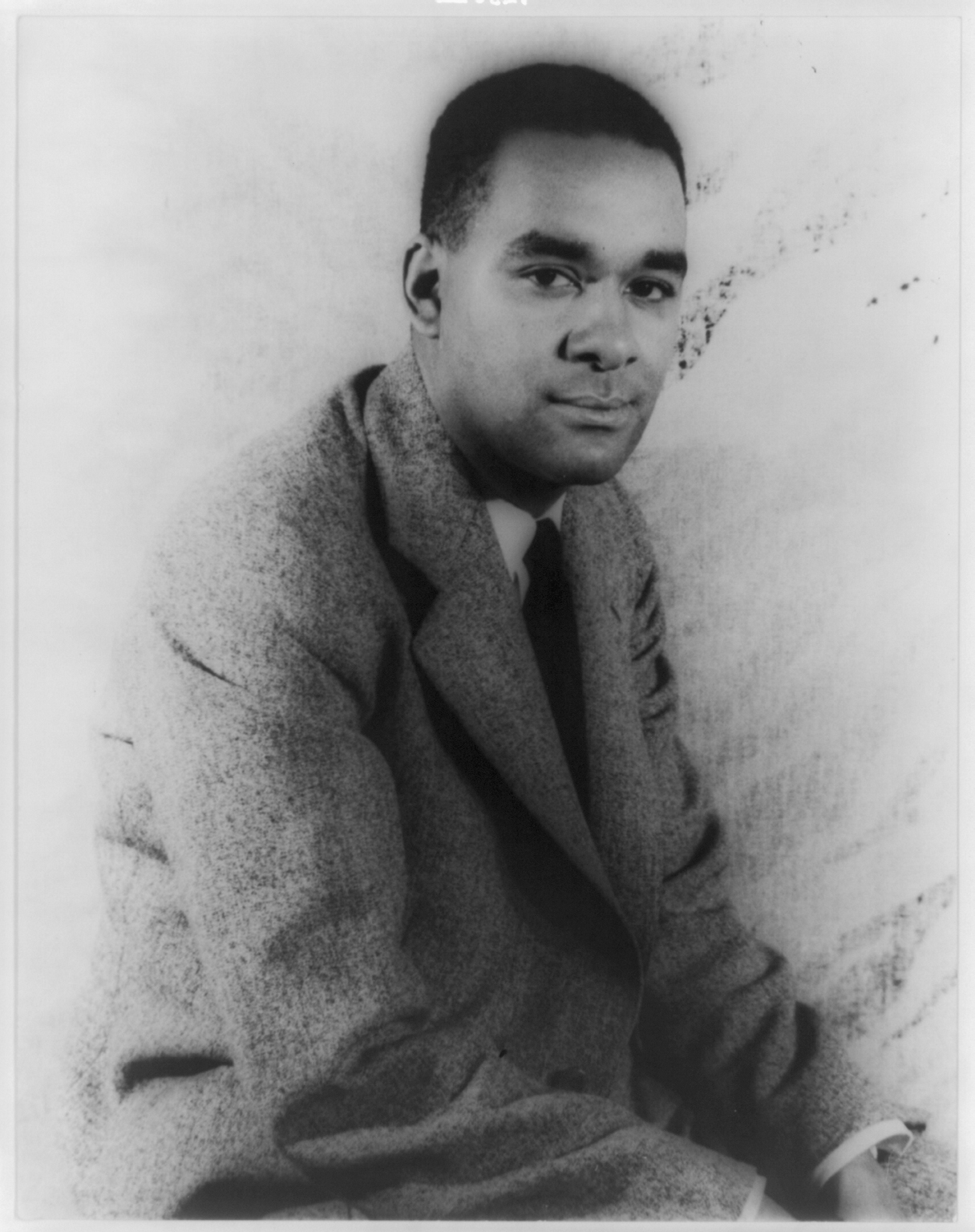 photograph of Richard Wright by Carl Van Vechten, 1939. from the Library of Congress Collection, and in the public domain.
photograph of Richard Wright by Carl Van Vechten, 1939. from the Library of Congress Collection, and in the public domain. Richard Wright's most famous novel, Native Son, explored the pervasive racism and violence of the early twentieth-century. Wright advocated for African American writers to use their pens and literary influence to critique the racist American culture that proliferated in the period after the Civil War and before the Civil Rights Movement.
He famously dismissed Zora Neale Hurston's novel Their Eyes Were Watching God, which we'll be reading shortly, because her depiction of the African American race did not explicitly highlight racism and prejudice. Rather, her novel focused on the intimate life of one woman and the men she loves. Wright's work forced readers to confront social and political realities, and remains popular to this day.
His short story, "The Man Who Was Almost a Man," raises important questions about masculinity, race, and class. What does it mean to be a man? To be a young African American man? How does one wield power in this world?
No comments:
Post a Comment